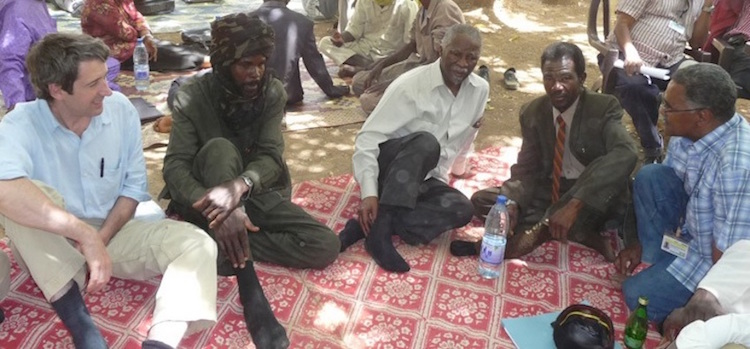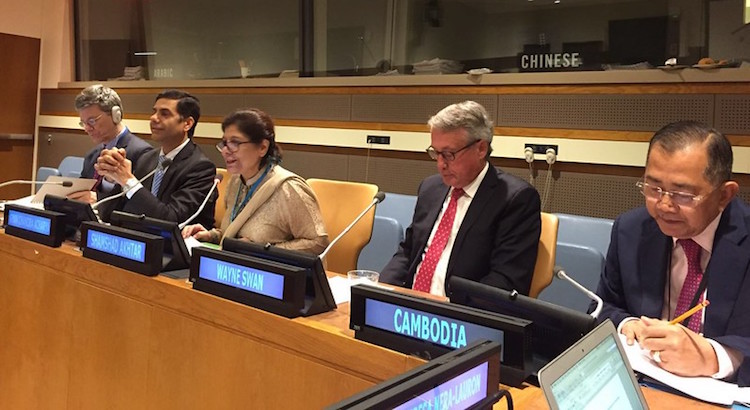KIGLI (IDN | GIN) – National leaders at the African Union summit held in Kigali, Rwanda, were presented on July 17 with a prototype of the long-awaited Pan-African passport.
“We’ve been overwhelmed by requests and enquiries of other ministers, officials and African citizens to share in this privilege of holding an African passport,” said AU Commissioner Nkosazana Dlamini-Zuma.
It is hoped that the new document will facilitate the seamless mobility of Africans and ease trade across the continent, consequently leading to the continent’s economic transformation.










